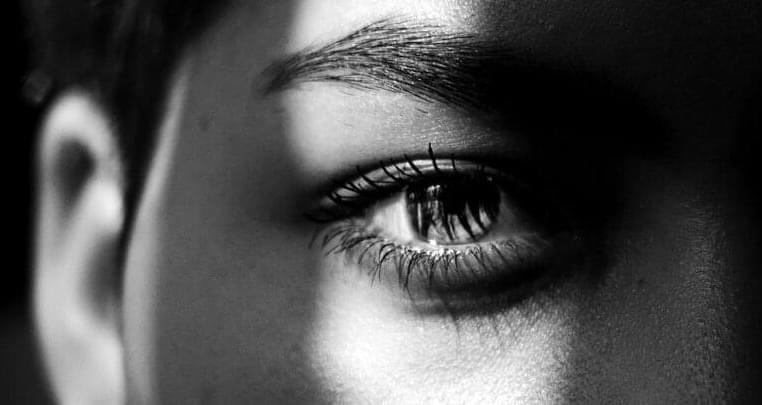In the middle of the night, the world can sometimes feel like a dark place. Under the cover of darkness, negative thoughts have a way of drifting through your mind, and as you lie awake, staring at the ceiling, you might start craving guilty pleasures, like a cigarette or a carb-heavy meal.
Plenty of evidence suggests the human mind functions differently if it is awake at nighttime. Past midnight, negative emotions tend to draw our attention more than positive ones, dangerous ideas grow in appeal and inhibitions fall away.
Some researchers think the human circadian rhythm is heavily involved in these critical changes in function, as they outline in a new paper summarizing the evidence of how brain systems function differently after dark.
